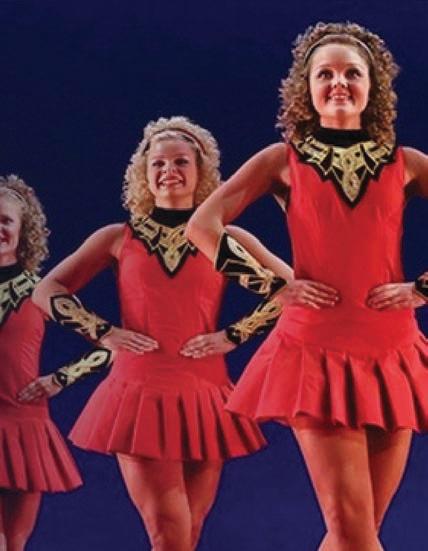
2 minute read
Early education program raises concerns
BY ANN SCHIMKE CHALKBEAT OF COLORADO
As state leaders prepare to launch Colorado’s free preschool program next fall, some educators and advocates fear young children with disabilities will lose out under the new system.
ey say 3-year-olds could be rejected for a spot and 4-year-olds could receive less preschool than they’re due because of the narrow way the state asks about children with disabilities on its preschool application form.
In addition, school district ocials say that unanswered questions about special education funding and confusion over how two state agencies will work together on the preschool program are a troubling sign for a major new program that will start in a matter of months.
While many early childhood advocates and providers have praised Colorado’s plan to signi cantly expand publicly funded preschool, there’s ongoing concern that the rollout is being rushed.
“I think the [Colorado Department of Early Childhood] was pushed into something very quickly,” said Callan
“I support and appreciate the idea of universal preschool programming,” said Pam Bisceglia, executive director of Advocacy Denver, an advocacy group for people with disabilities. “My question is whether those programs are going to be lled with children of parents who enjoy privilege.”
Preschool application poses challenges e universal preschool application is part of the reason. It asks parents if their child has “an active Individualized Education Program” — a fancy name for a federally required learning plan for students 3 and older with disabilities.
Children with disabilities are supposed to get priority for 10 hours a week of class time at age 3 and 30 hours a week at 4.
But Heather Hanson, whose 9-year-old son was diagnosed with a speech delay as a toddler and later with dyslexia, believes the state’s new preschool program will make it even harder than it is now for young children with disabilities to get the help they need.
But many children don’t get such plans until after they enroll in school. A young child with a delay may not even have been evaluated or received a diagnosis. Even when children are identi ed as toddlers, their plan has a di erent name and acronym than the one on the preschool application.
Hanson, who served on a special education subcommittee during the universal preschool planning process, called the wording on the application “horrible” and “discriminatory.”
“All of those really big words
Colorado Consortium of Directors of want to miss children because of an classes through thepreschool special education program. Another group factors — such as language delays or poor social skills — qualify for a state preschool program that will end after this school year.


Kids in that second group don’t have to have a diagnosis or special learning plan to qualify for free preschool.
But under the new universal preschool program, the state will use fewer risk factors to decide who can attend for free at age 3 and get extra hours at age 4. One of them is the Individualized Education Program. e others consider whether the child is homeless, an English learner, in foster care, or comes from a lower-income family.
Hundley said there’s no way for a parent who suspects their child might have a disability to ag their concern when applying for universal preschool.
O cials from the early childhood department and education department said in an email that state law requires the Individualized Education Program criteria on the universal preschool application. Hundley said it’s unlikely the law would disallow additional criteria that might help capture students with potential disabilities.

Several advocates said the wording should be simpler and more general: “Do you think your child could use some extra help?” or “Do you have concerns about your child’s speech or behavior?
Laurie Noblitt, director of elementary and early learning for the Fountain-Fort Carson district, said her district has elded calls from parents whose 3-year-old children









